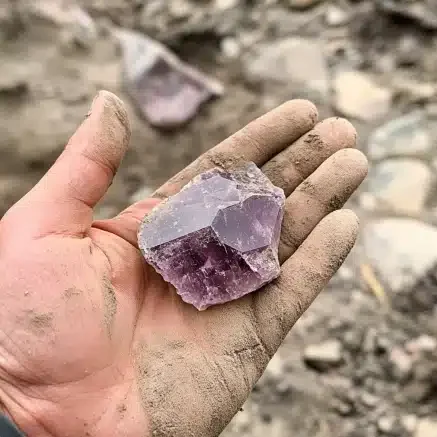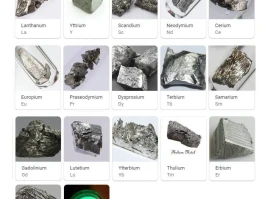The Annoying Little Question That Became Everything
We’ve all been there. You’re trying to buy a concert ticket, log into your bank, or just read an article, and suddenly, a little box pops up, cocking its digital eyebrow at you. “Are you a robot?” it asks, demanding you prove your humanity by deciphering squiggly letters or clicking on every picture containing a traffic light. For years, this has been a minor, almost comical, annoyance—the digital equivalent of a bouncer giving you a once-over before letting you into the club.
But I’m telling you, that little box is no longer a joke. It’s the tip of an iceberg so massive it’s about to reshape our world. That simple, infuriating question has quietly become the most profound philosophical and technological challenge of the 21st century. It’s a question we can no longer answer by just clicking a box. We’re at a point where the machines are getting so good at imitating us, the test itself is breaking down, forcing us to ask ourselves a much deeper question: What, exactly, does it mean to be human anymore?
The Test Is Officially Broken
Let’s be honest, the classic Turing Test—the idea that a machine is intelligent if it can fool a human into thinking it’s also human—is starting to feel charmingly obsolete, like a steam engine in the age of fusion. For a while, the line was clear. AI could play chess, but it couldn’t write a poem. It could calculate, but it couldn’t create. That wall has been utterly demolished.
The latest AIs are built on something called a transformer architecture—put simply, it’s a revolutionary way for the machine to weigh the importance of different pieces of information, allowing it to understand context and nuance in a way that was fundamentally impossible just a few years ago. The result? We're seeing models that can write code, compose music that stirs the soul, and create art that feels genuinely, breathtakingly new—and it’s all happening so fast that the tests we designed a decade ago feel like trying to catch a spaceship with a butterfly net.

When I first saw a demo of an AI generating a short story from a simple prompt, I honestly just sat back in my chair, speechless. It wasn't just grammatically correct; it had pacing, emotional weight, and a twist ending that I didn't see coming. This is the kind of breakthrough that reminds me why I got into this field in the first place. It was a moment that felt less like watching a program run and more like witnessing the birth of a new kind of creativity. So, if a machine can create something that makes a human feel, how can a simple "click all the squares with a bicycle" possibly be a meaningful test of identity?
The New Signature of the Soul
This isn't just about better CAPTCHAs. This is about the future of trust, identity, and truth. Think about the invention of the signature. For centuries, a person's unique mark was a binding, trusted proof of their identity and intent. Then, forgery became more sophisticated, and we had to invent more complex systems—notaries, watermarks, seals, and eventually, cryptographic keys. We are at a similar inflection point right now, but for our entire digital existence.
The challenge of proving our humanity to machines is like a grand, planetary-scale immune system response. The AIs are the virus, becoming perfect mimics of our own cells, and we—all of us—are being forced to develop a new way to recognize "self." It's no longer about what we can do, because they can now do so much of what we once considered exclusively human. The new test has to be about why we do it. Is it about empathy? Consciousness? The capacity for irrational, beautiful, messy hope?
This is where it gets truly exciting. If a machine can generate a flawless legal argument, what is the new role of a lawyer? Perhaps it’s to bring wisdom and ethical judgment to the machine’s logic. If an AI can design a building, what is the architect's purpose? Maybe it's to understand the soul of the community that will live there. We’re being pushed away from tasks of pure calculation and toward roles that require compassion, ethics, and genuine connection. What new metrics will we need to prove that? What becomes the new "fire" that only humanity can truly control?
The Question That Will Define Us
For all the anxiety about AI, this is where my optimism kicks in, and it kicks in hard. The challenge of answering "Are you a robot?" on a global scale isn't a threat; it's the greatest catalyst for human growth we’ve ever encountered. It's forcing us to identify the very best parts of ourselves—our creativity, our empathy, our unpredictable spark—and elevate them. The machines are taking over the world of "what." They're leaving us with the infinitely more interesting world of "why." This isn't the end of humanity; it's the beginning of our upgrade.

